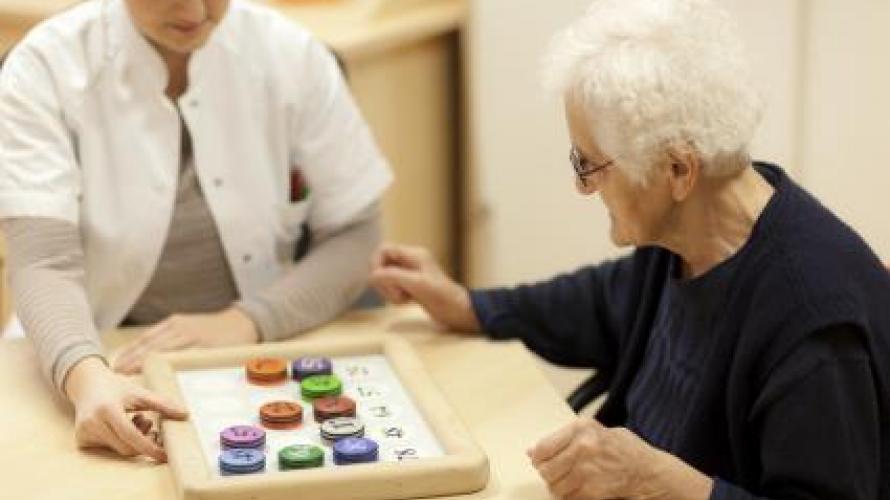
What is the study about?
This study aims to assess predictors of global function (i.e., how well an individual can perform everyday activities) and driving status among older adults (50 years and older) who survived 1 year following inpatient rehabilitation for moderate-to-severe traumatic brain injury (TBI). Global functioning was assessed through the Glasgow Outcome Scale-Extended (GOS-E), which measures the ability to live, work, travel, and socialize independently after TBI.
What did the study find?
This study found that functional outcome at discharge had the greatest contribution in explaining variation in global functioning at 1 year postinjury across all older ager groups. This suggests that, especially for older patients with TBI (aged 60- to 79-years-old), maximizing (i.e., make the most of) functional improvement during inpatient rehabilitation may be critical to maximizing the potential for long-term recovery.
Who participated in the study?
Individuals with moderate to severe TBI (N=1,845) aged 50 years old or older, who participated in the Traumatic Brain Injury Model Systems National Database (TBIMS-NDB).
How was the study conducted?
This study used data from the TBIMS-NDB and analyzed outcomes at 1-year postinjury. The main outcome measures were functional outcome using the GOS-E, and driving status which was measured at 1-year postinjury as either participants being able to drive independently or cannot drive independently.
How can people use the results?
Individuals with TBI and their families can use the results of this study to better understand how older adult TBI survivors may need more individualized (i.e., personalized) rehabilitation care during rehabilitation to increase their ability to live independently and to achieve the greatest potential during long-term recovery. Practitioners can use these results to explore treatment approaches during inpatient rehabilitation, specifically for older adults with TBI, to help maximize their ability to function and to improve later outcomes and decrease rehospitalizations.
Reference
Hammond, F. M., Baker-Sparr, C. A., Dahdah, M. N., Dams-O’Connor, K., Dreer, L. E., O’Neil-Pirozzi T. M., & Novack, T. A. (2019). Predictors of 1-year global outcomes after traumatic brain injury among older adults: A NIDILRR Traumatic Brain Injury Model Systems study. Journal of Aging and Health, 31(10S), 68S-96S. [https://pubmed.ncbi.nlm.nih.gov/31718413/]